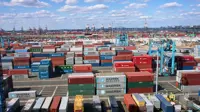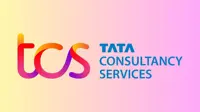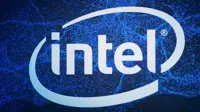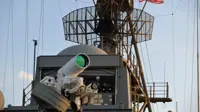Hyperloop One signs deal with Summa Group to construct hyperloop in Moscow
22 Jun 2016
Hyperloop One, the Los Angeles-based startup, is envisaging a 21st-century Silk Road linking Asia to Europe in a work-day ride, after it demonstrated its existing technology over a 100 – yard stretch, in the desert north of Las Vegas last month (See: Hyperloop One demonstrates near-supersonic transportation technology's proof of concept in Nevada). Hyperloop One, which is among a few companies aiming to pioneer the pod-in-tube transportation system proposed by Elon Musk called hyperloop, announced yesterday that it had partnered with a Russian firm to explore building transcontinental routes and replacing Moscow's ailing subway and train network.
''We are excited for the partnership between the Summa Group, the Russian government and Hyperloop One to construct a Hyperloop in Moscow,'' said Hyperloop One cofounder Shervin Pishevar in a statement that described the partnership as a "memorandum of understanding."
Pishevar added that Hyperloop One's long-term goal was to "implement a transformative new Silk Road: a cargo Hyperloop that whisks freight containers from China to Europe in a day.''
Summa Group's operations which span port logistics, engineering, construction, telecommunications, are integral to oil and gas production services in Russia. Summa Group and Hyperloop One signed the agreement at the recently concluded St Petersburg (Russia) International Economic Forum.
According to Pishevar, the two companies and the city of Moscow were keen on exploring how hyperloop transportation which, when implemented will transport goods and people at up to 800 mph in pods inserted into vacuum-sealed tubes. The futuristic transport system is expected to "improve life dramatically for the 16 million people in the greater Moscow area, cutting their commute to a fraction of what it is today."
However, Summa Group owner Ziyavudin Magomedov is bullish on freight opportunities presented by hyperloop, which would have a greater possibility of paying for the tech over time than passenger travel.
''The implementation of Hyperloop technology provides tremendous benefits to the Russian Federation in terms of the geopolitical development of the intracontinental transit potential and building of an economically attractive alternative to the existing global logistics flows,'' he said.
However, the idea of traveling at 800 mph along an energy-efficient network seemed like a sci-fi dream, and had more questions than answers to date, including the impact on human health, the durability of vacuum tubes, and the expense, according to commentators.



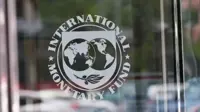

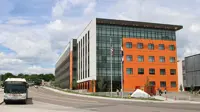
.webp)
